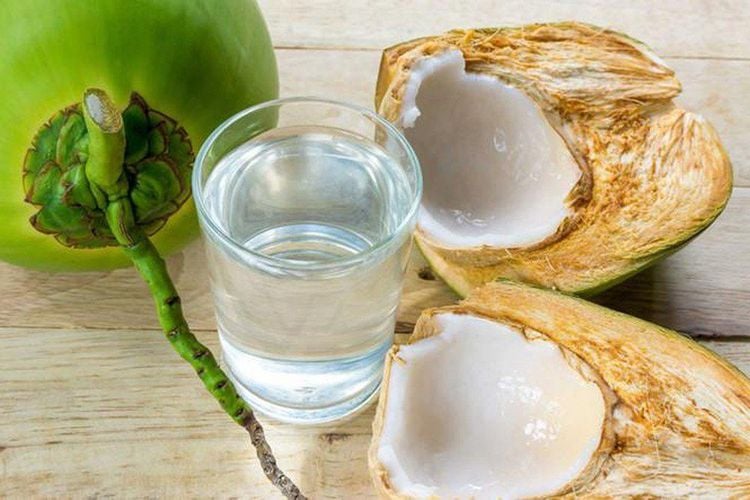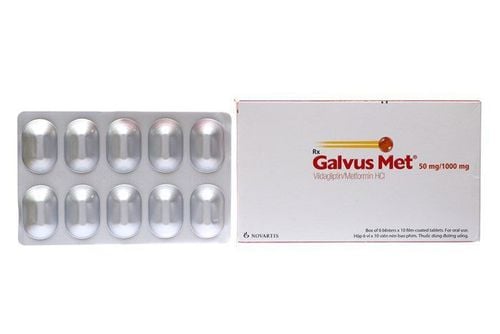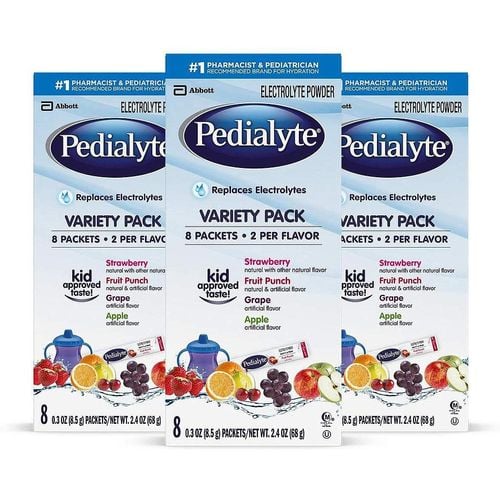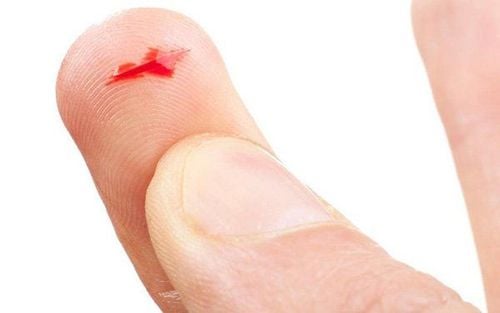Diarrhea is a common digestive condition that can occur in individuals of all ages. For adults, rehydration and electrolyte replenishment can help reduce the severity of the illness. However, in children, diarrhea can become more severe, especially if they are unable to drink (due to vomiting or unconsciousness). Coconut water is a traditional hydration method that is often recommended, but is it suitable during diarrhea?
1. What is Diarrhea?
Diarrhea is a condition characterized by passing loose stools in large amounts and more frequently than usual. Common symptoms of diarrhea include:
- Loose stools
- Mild or cramping abdominal pain
- Nausea and vomiting
- Headache
- Loss of appetite
- Persistent thirst
- Fever
- Dehydration
- Blood in stool
- Frequent bowel movements, incomplete evacuation, or urgency

2. Should You Drink Coconut Water During Diarrhea?
For mild cases of diarrhea, treatment often involves replenishing lost fluids through drinking water or electrolyte solutions. Coconut water is a traditional remedy for preventing dehydration caused by diarrhea due to the following reasons:
- Coconut water helps replenish minerals lost during diarrhea and reduces dehydration.
- It helps eliminate harmful toxins, aiding faster recovery.
- Coconut water contains electrolyte levels similar to those found in the body.
- When ingested, lauric acid converts into monolaurin, which has antiviral, antibacterial, anti-parasitic, and anti-infective properties that combat intestinal worms and gastrointestinal infections.
- Coconut water is sterile, low-calorie, and rich in vitamins, minerals, and other nutrients. It contains twice the potassium found in bananas, which helps balance muscle, cardiovascular, nervous system, and immune health.
Precautions When Drinking Coconut Water During Diarrhea:
- Drink coconut water every 2–3 hours, but avoid drinking it on an empty stomach as it may cause chills or abdominal pain.
- While coconut water contains sufficient potassium and glucose, it is relatively low in sodium and chloride. To compensate, add a small amount of salt to the coconut water for better electrolyte replenishment.
- Patients with gastroenteritis may consider coconut water as a feasible and economical oral rehydration method.
- Coconut water helps soothe the stomach lining, reduce acidity, and prevent stomach complications.
- Coconut water is safe for various groups, including pregnant women, children, and even the elderly suffering from diarrhea and dehydration.

3. How to Manage Diarrhea?
If the patient's diarrhea is not caused by serious underlying conditions, it can be managed at home with the following measures:
- Rehydration and electrolyte replenishment: Dehydration from diarrhea can make patients feel fatigued, so it's important to provide plenty of fluids and electrolytes through water or fruit juices, distributed evenly throughout the day. Using oral rehydration solutions (ORS) is an excellent way to restore electrolytes, but it is essential to follow the dosage instructions on the packaging.
- Nutritional supplementation, avoid foods high in fat, greasy, spicy, or stimulating substances.
- Probiotic supplementation: Probiotics, commonly found in yogurt and certain other foods, are beneficial for digestive health. They support gut health, help prevent infections, and aid faster recovery.
- If the condition worsens with symptoms such as severe abdominal pain, bloody stools, black stools, decreased urination accompanied by dry mouth, or a fever over 39°C, the patient should be taken to a medical facility for prompt treatment to prevent dangerous complications.
To arrange an appointment, please call HOTLINE or make your reservation directly HERE. You may also download the MyVinmec app to schedule appointments faster and manage your reservations more conveniently.













